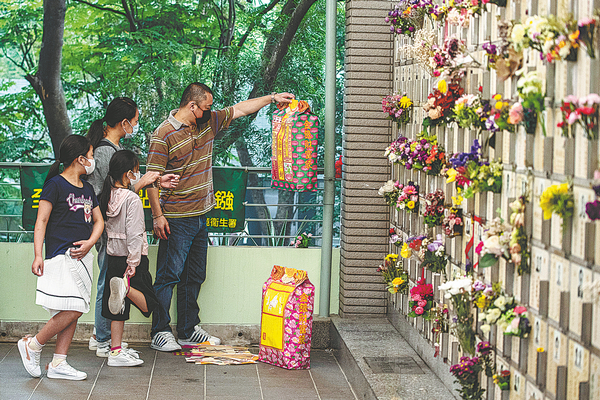

Though the solar term Qingming was first recorded in the Western Han Dynasty, it was not until the Tang Dynasty that it was declared a national holiday to honor ancestors. People celebrate the festival with customs from another traditional Chinese festival, which occurs around the same time. Hanshi, meaning "cold meal", which falls two days before Tomb Sweeping Day, was marked by ancient Chinese people to refrain from using fire, and they ate only cold meals for three days.
The tradition of Hanshi was born out of folklore about a wronged loyal official. During the Spring and Autumn Period (770-476 BC), Emperor Wen of Jin, before ascending the throne, fled the country for about 20 years. He was protected by a court official named Jie Zitui. After gaining the throne the emperor was keen to call on Jie's services once again, but as Jie did not value titles or money he rejected the offer and chose to live in the Mianshan Mountain, which is in what is today the city of Jiexiu, Shanxi province, with his mother. The emperor listened to the advice of other officials and tried to force Jie out of the mountains by starting a fire but ended up by killing Jie and his mother. To pay tribute to Jie, the emperor decreed that people be forbidden from using fire and could only eat cold food on the day.